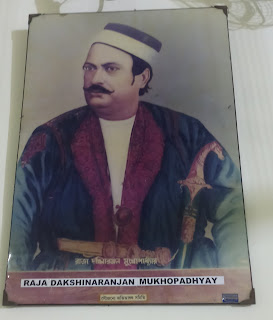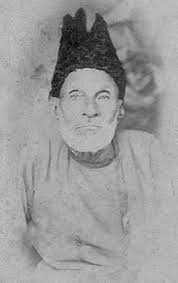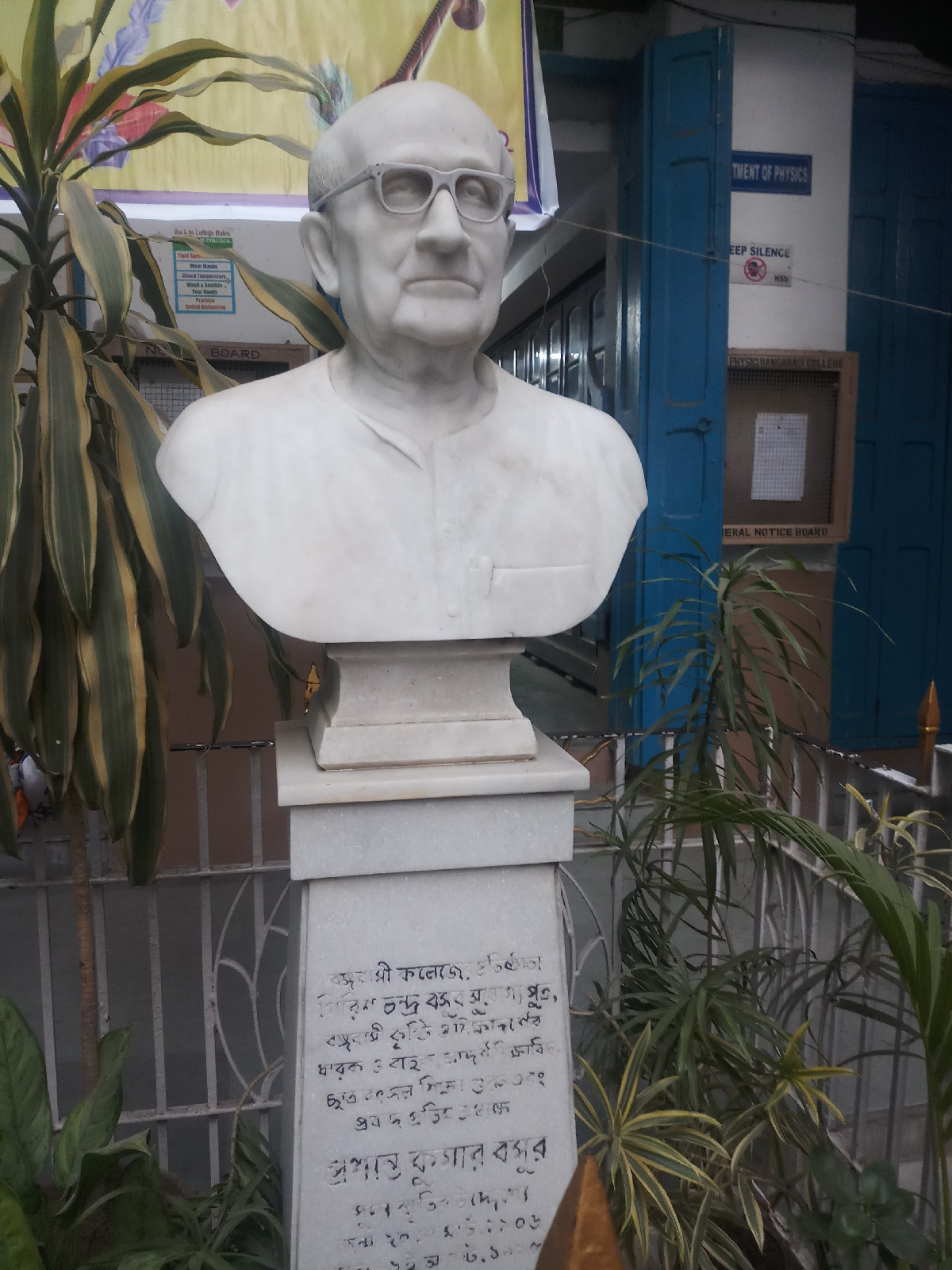- "Vidya
Vindatey Amritam" ... Knowledge provides immortal bliss.
- The establishment of Bethune School and later Bethune College marked the dawn
of a new era of women empowerment.
- Women's schooling began in Bengal in the 1820s in response to development of women education in the West. In 1818, missionary named Robert May, established a girls' school in Chinsurah. The Calcutta School Society was founded in 1818. In 1819, the Female Juvenile Society was formed for the 'establishment and support of Bengali Female Schools'. By 1823, the Juvenile Society was operating 8 girls' school in and around Calcutta.
- On 7th May 1849, Sir John Elliott Drinkwater
Bethune, started the Calcutta Female School. His school was at first named as Hindu Balika Vidyalaya.
- The school initially started its
journey from the house of Raja Dakshinaranjan Mukhopadhyay at 56 Sukia Street.
It was later renamed Bethune School. Only daughters from 'respectable' Hindu families were admitted to be groomed as 'better wives'.
- Ishwar Chandra Vidyasagar was appointed as school secretary.
- From there it was shifted to College
Square and then to its present location at 181, Bidhan Sarani.
 |
Stamp commemorating 150 years of establishment
|
- On the occasion of the laying of its foundation stone, Lady Litler, wife of the
then Governor Sir John Litler presented a sapling of a Ashoka tree, which was
henceforth declared to be the symbol of women education by Sir Bethune. The
tree still stands tall in the premises bearing a silent testimony of
illustrious alumni through centuries.
 |
| Plaque at the Ashoka Tree |
- The school was patronized by stalwarts
who worked zealously and unselfishly and rendered valuable intellectual and
material assistance.
- The construction of the main building was completed in
1851, just a month after the sudden demise of Sir Bethune which led the school into rough times. Such was the hostility amongst upper caste hindus regarding female education that by 1863 the school had majority of its 93 students from the lowest class. However the school did survive and became more socially inclusive in due course of time. Later on daughters of the prestigious Tagore family including Sarala Debi Chaudhurani was educated here. Swami Vivekananda's sister also studied here.
- The medium of
instruction was Bengali and only willing parents could permit their wards to
study English. It was a secular institution.
 |
| The statue decorated on Bethune Day |
 |
| Statue of J. E. D. Bethune |
- It was in 1878 that Bethune School sent its first woman candidate for Entrance
Examination under University of Calcutta. Kadambini Ganguly cleared the
examination hence classes had to be arranged for her to pursue studies for F.A
degree. This marked the inception of Bethune College.
- She was joined by
Chandramukhi Basu and both of them, in the year 1883, went on to become the
first women graduates in British Empire. Till date, both these institutes
continue to educate women who have excelled in all spheres of life both in
India and abroad.
- Rabindranath Tagore directed his play mayar khela for students of this school.
- The school and college continues to be a premier institution in women education. It has been a safe haven and an monumental legacy in shaping the lives of innumerable students who were well established over various fields. They continue to make their alma mater bask in pride.
 |
| Medicinal plant garden |
 |
| Annex building |
 |
| Vidyasagar Bhavan side view |
 |
| At the entrance |
 |
| Way to science building |
 |
| Old banyan tree |
 |
| Side view of Pritilata Bhavan |
 |
| Kadambini Bhavan |
 |
| Way to science library |
 |
| Administrative building |
 |
| Office |
 |
| View from Arts library |
 |
| Evening view |
 |
| Department of Botany |
 |
| College Fest |
 |
| Vidyasagar Bhavan |
 |
| Administrative building seen from the road side |
 |
| Certificate of natable alumni and freedom fighter Bina Das |
This prestigious institution has been my workplace since 2016.

















































Comments
Post a Comment